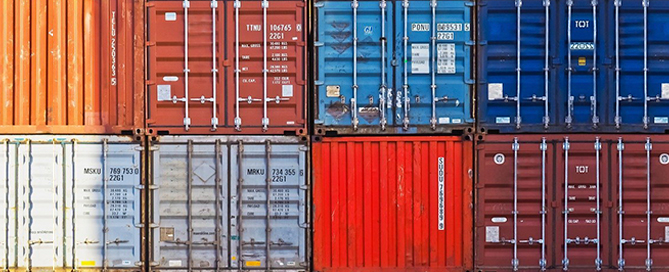An exclusive distributor is the only party authorised to commercialise a number of products or services in a certain territory. They are subject to the rules of competition law, especially those prescribed under EU Regulations 2022/720 and 330/2010, which regulate vertical agreements and mitigate anticompetitive practices.
On the 9th of January, the Attorney General of the Supreme Court of the European Union, Laila Medina, delivered her judgment on case C-581/23, consisting of a request for preliminary ruling raised by the Court of Appeal of Antwerp. The preliminary hearing dealt with vertical agreements – specifically, the prohibition of active sales in a territory exclusively assigned to a distributor.
Beevers Kaas is the exclusive distributor in Belgium and Luxembourg of Beemster cheese, which is produced by the Dutch company Cono, via an exclusive distribution agreement executed in 1993. Simultaneously, the supermarket chain Albert Heijn, which operates in Belgium and the Netherlands, purchases Beemster cheese from Cono for its sale outside of Belgium and Luxembourg.
The dispute arose when Beevers Kass accused Albert Hjin of infringing market rules and practices, by carrying out activities which directly or indirectly affect its rights as exclusive distributor in Belgium.
Albert Heijn responded to the allegations by claiming that the distributor was attempting to impose a ban on active sales, which would constitute a breach of EU competition regulation. Furthermore, they also argued that the exclusive distribution agreement did not oblige the supplier to protect the distributor from active sales made by other purchasers, nor does it meet the requirements of EU competition law for a resale ban.
The parties disagreed on whether the exclusive distribution agreement complied with the “parallel imposition requirement” established in Regulation no. 330/2010. This requirement obliges the supplier to protect its exclusive distributor against active sales between its other distributors (or purchasers of the European Economic Area (EEA)) in the territory assigned to the exclusive distributor. The Court of Appeal of Antwerp requested a hearing for a preliminary issue based on this point from the Court of Justice of the European Union.
The Attorney General suggests that the CJEU recognise that article 4(b)(i) of Regulation no. 330/2010 includes a “parallel imposition” requirement, even though no explicit reference is made to it. Likewise, the Attorney General indicates that this point is only applicable to exclusive distribution agreements.
Regarding compliance with the parallel imposition requirement, the Attorney General highlights that purchasers other than the exclusive distributor shall have to accept, either tacitly or expressly, the prohibition of active sales as imposed by the supplier, in order to protect the distributor.
The Attorney General concludes that, in order to prove the existence of an agreement which prohibits active sales in a territory granted exclusively to a distributor, it is not enough that the other purchasers refrain from carrying out active sales. It is necessary to demonstrate that the supplier has requested said prohibition and that the purchasers have accepted it. Furthermore, suppliers shall have to demonstrate, during the whole period in which they request to benefit from category exemption, that they meet the parallel imposition requirement, thereby avoiding that the agreement prohibiting active sales becomes anticompetitive.
Oscar Vilá
Vilá Abogados
For more information, please contact:
31st of January 2025



